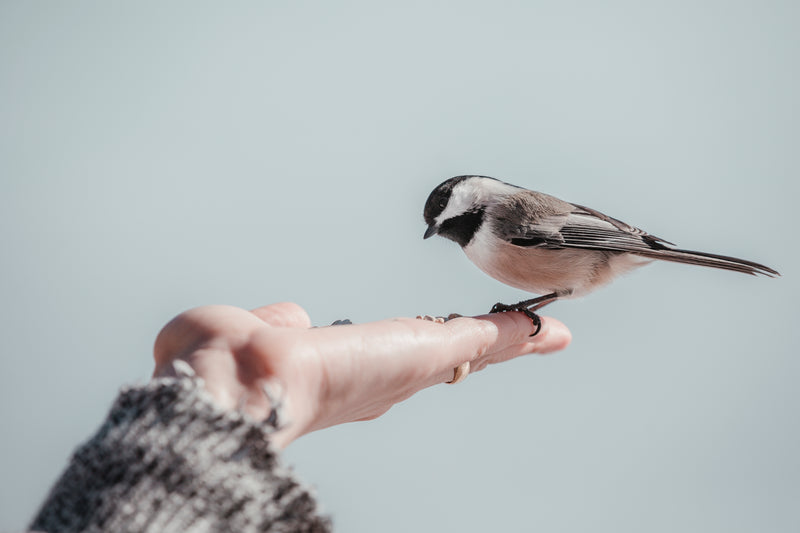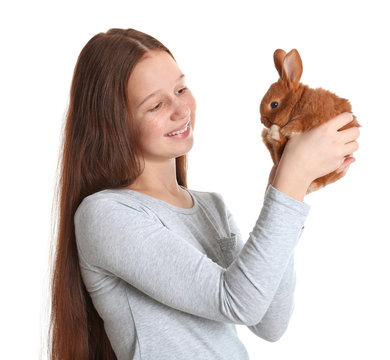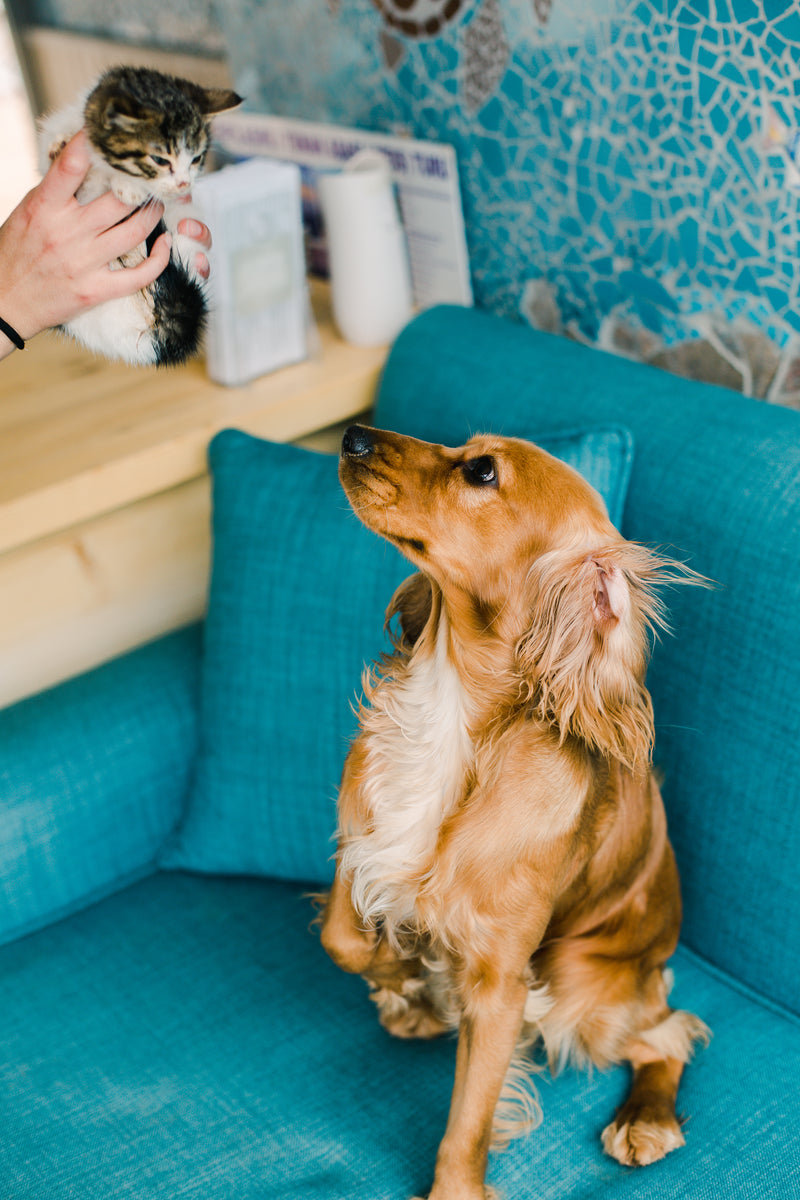The Ultimate Guide to Pet Adoption: Find Your New Best Friend
Are you someone who loves animals and wants to add a furry friend to your life? If so, you might be thinking, “I want a pet.” Pet adoption is an excellent option for anyone looking to add a new, loving companion to their family. Not only does it provide a forever home for an animal in need, but it can also offer numerous physical and mental health benefits to the owner. In this ultimate guide to pet adoption, we will walk you through the entire process from start to finish, including the types of pets available, the adoption process, requirements, pet care, and maintenance. So, whether you’re a first-time pet owner or a seasoned animal lover, read on to find out how you can find your new best friend through pet adoption.

Benefits of Pet Adoption
Pet adoption has numerous benefits for both the pet and the owner. Adopting a pet provides companionship and affection that can improve mental health and reduce stress. According to the American Heart Association, owning a pet can lower blood pressure, decrease cholesterol levels, and reduce the risk of heart disease. In addition, pets can help children develop empathy and responsibility.
The Emotional Aspects of Pet Adoption
Adopting a pet can be an incredibly rewarding experience, but it can also come with its own set of challenges and emotional ups and downs. It’s important to be prepared for both the joys and the difficulties of pet ownership.
One of the biggest emotional challenges of pet adoption is coping with the loss of a beloved pet. Whether the pet passes away from old age or illness, or the owner has to make the difficult decision to euthanize, it can be a very painful experience. It’s crucial to allow oneself time to grieve and to seek support from family, friends, or a support group if needed.
On the other hand, adopting a pet can bring a lot of joy and companionship. Pets can provide unconditional love and comfort, and can help ease loneliness and depression. It’s vital to cultivate a strong bond with one’s pet through regular exercise, playtime, and affection.
The Health Benefits of Pet Adoption
Pet adoption also has an impact on one’s health. Studies have shown that pet owners tend to have lower blood pressure, lower cholesterol levels, and a reduced risk of heart disease. In addition, pets can help manage anxiety and depression, and can even boost the immune system.
Pet Adoption and Children
Pets can play a significant role in a child’s life. Adopting a pet can help teach children empathy and responsibility. Children who grow up with pets tend to be more social, have higher self-esteem, and are better able to cope with stress.
Conclusion
In conclusion, adopting a pet has many emotional and health benefits for both the pet and the owner. While it can be challenging at times, the joy and companionship that come with pet ownership make it all worthwhile.

Types of Pets for Adoption
When considering pet adoption, there are many types of pets available, including dogs, cats, birds, and small animals like rabbits and guinea pigs. Each type of pet has its own pros and cons, so it’s essential to consider which pet would be the best fit for your lifestyle.

Dogs
Dogs are popular pets because of their loyalty and affectionate nature. They make great companions and require daily exercise and attention, making them a great choice for active individuals or families. However, owning a dog also means committing to regular grooming, training, and veterinary care.
Some popular dog breeds for adoption include:
| Dog Breed | Characteristics |
|---|---|
| Labrador Retriever | Friendly, outgoing, and active |
| German Shepherd | Intelligent, loyal, and protective |
| Golden Retriever | Friendly, intelligent, and obedient |
| Bulldog | Loyal, friendly, and calm |
| Boxer | Playful, energetic, and loyal |

Cats
Cats are independent animals that require less attention than dogs. They are great apartment pets and are known for their affectionate and playful personalities. However, cats still require regular grooming and veterinary care.
Some popular cat breeds for adoption include:
| Cat Breed | Characteristics |
|---|---|
| Siamese | Intelligent, vocal, and social |
| Persian | Quiet, docile, and dignified |
| Maine Coon | Gentle, playful, and sociable |
| Bengal | Active, curious, and intelligent |
| Scottish Fold | Laid-back, affectionate, and adaptable |

Birds
Birds are intelligent animals that can be great companions for those willing to put in the time and effort to care for them. They require a lot of attention and interaction, making them a great choice for individuals who work from home or have flexible schedules.
Some popular bird species for adoption include:
| Bird Species | Characteristics |
|---|---|
| Cockatiels | Social, intelligent, and easy to train |
| Parakeets | Playful, talkative, and low-maintenance |
| Lovebirds | Affectionate, curious, and active |
| Macaws | Intelligent, social, and trainable |
| African Greys | Talkative, intelligent, and sensitive |

Small Animals
Small animals like rabbits, guinea pigs, and hamsters are great pets for individuals looking for a low-maintenance companion. They require minimal space and can be great for kids who want to learn responsibility.
The Benefits of Adopting Senior Pets or Pets with Special Needs
While many people opt for younger, healthier pets, there are many benefits to adopting senior pets or pets with special needs. These animals are often overlooked in shelters but can make wonderful companions for those willing to provide a little extra care.
Senior pets, in particular, can be great for older adults or those living in apartments or small homes with limited space. These pets are often already trained and well-behaved and may require less exercise than younger pets.
Pets with special needs, such as those with disabilities or chronic health conditions, may require extra care and attention, but can also be incredibly rewarding to care for. These pets often have unique personalities and can develop strong bonds with their owners.
Preparing for Your New Pet
Before bringing your new furry friend home, there are some essential steps to take to ensure a smooth transition. Here are some tips to help you prepare:
Pet-Proof Your Home
Your home should be a safe haven for your new pet. To do this, you’ll need to pet-proof your home by removing any hazardous materials and securing loose cords and wires. This includes keeping cleaning supplies, medications, and other toxic substances out of reach.
Purchase Necessary Supplies
Make sure to purchase all necessary supplies, including food, toys, bedding, and a carrier. The type of supplies you need will depend on the type of pet you adopt.
Set Up a Designated Area
Setting up a designated area for your pet, such as a crate or litter box, will help them feel secure. Make sure to provide plenty of comfortable bedding and toys to keep them entertained.
Choose a Veterinarian
Research and choose a veterinarian for your pet before bringing them home. Regular check-ups are crucial to maintaining your pet’s health. You should also budget for unexpected medical expenses, such as emergency care or surgery.
Decide on a Training Plan
Decide on a training plan if necessary. Training is an essential part of pet ownership, and it’s important to establish good habits from the start. Consider enrolling in a training class or hiring a professional trainer.
Budget for Ongoing Expenses
It’s important to budget for ongoing expenses like food, supplies, and veterinary care. The cost of food will depend on the type of pet you adopt, and you’ll also need to purchase toys, bedding, and other supplies to keep your pet comfortable and happy. Veterinary care can be one of the biggest expenses of pet ownership, so make sure to plan accordingly.
The Costs of Pet Ownership
While adopting a pet can be a wonderful experience, it’s important to be aware of the costs associated with pet ownership. In addition to adoption fees, you’ll need to budget for ongoing expenses like food, toys, bedding, and veterinary care.
Establishing a relationship with a trusted veterinarian and scheduling regular check-ups for your pet is crucial. You should also be prepared for unexpected medical expenses, such as emergency care or surgery. The cost of food will depend on the size and type of pet you adopt, and you’ll also need to purchase toys, bedding, and other supplies to keep your pet comfortable and happy.
The Pet Adoption Process
The pet adoption process can vary depending on the organization you choose to adopt from. However, there are some general steps involved in the adoption process that are common to most shelters and rescue organizations:
- Fill out an adoption application: The first step in adopting a pet is to fill out an adoption application. This helps the shelter or rescue organization get to know you and ensure that you are a good match for the pet you are interested in adopting.
- Meet with the pet: Once your application has been approved, you will have the opportunity to meet the pet you are interested in adopting. Spend time with the pet to get to know their personality and ensure that they are a good fit for your lifestyle and living situation.
- Complete necessary paperwork: After you have spent time with the pet and decided to move forward with the adoption, you will need to complete any necessary paperwork, such as an adoption contract or agreement.
- Pay adoption fees and associated costs: Adoption fees can vary depending on the organization and the type of pet you are adopting. Some organizations may also require additional fees for things like microchipping or spaying/neutering the pet.
- Bring your new pet home: Once you have completed all necessary steps and paid the adoption fees, you can bring your new pet home!
It’s important to research and choose a reputable shelter or rescue organization in your local area. Adoption fees and requirements can vary depending on the organization and the type of pet you are interested in adopting. Some organizations may also require a home visit or reference check before approving your adoption application.
Pet Adoption Requirements
Before adopting a pet, you must meet certain requirements set forth by the shelter or rescue organization. Some common requirements include:
- Age restrictions: Some organizations require adopters to be over a certain age, often 18 years old or older.
- Living arrangements: Some organizations may require proof of homeownership or a landlord’s permission to have a pet. They may also have restrictions on the number or type of pets that can be kept in a home.
- Financial stability: Some organizations may require proof of financial stability to ensure that you can provide for your new pet. They may ask for proof of income or savings to cover the cost of care for the pet.
- Reference checks: Some organizations may require references to ensure that you have a safe and stable home environment for your new pet. They may contact personal or professional references to verify information provided on your adoption application.

Bringing Your New Pet Home
Bringing a new pet home is an exciting experience, but it can also be challenging. Here are some tips to make the transition as smooth as possible:
Introducing Your Pet to Their New Surroundings
It’s important to introduce your pet to their new surroundings slowly and gradually. This can help your pet feel more comfortable and confident in their new environment. You can start by bringing your pet to a small, confined area of your home, such as a bathroom or laundry room, and gradually expanding their access to other areas of the house. This allows your pet to explore their new home at their own pace and become familiar with their new surroundings.
Creating a Safe Space for Your Pet
Providing a cozy bed or crate for your pet can be a great way for them to have a safe and comfortable space to retreat to when they need alone time. It’s also important to make sure your pet has access to food, water, and a litter box (if applicable) in their designated space.

Introducing Your New Pet to Existing Pets
If you have other pets in your home, it’s important to introduce your new pet to them slowly and supervised. You can start by allowing your pets to sniff each other through a closed door, and gradually introduce them to each other in a neutral space, such as a backyard or park. This can help prevent any potential conflicts and allow your pets to become familiar with each other’s scents and behaviors.

Pet Nutrition and Exercise
Proper nutrition and exercise are essential for keeping your pet healthy and happy. It’s important to feed your pet a balanced diet that meets their specific needs based on their age, size, and activity level. You should also be mindful of portion sizes and avoid overfeeding, which can lead to obesity and other health problems.
In terms of exercise, it’s important to provide your pet with regular opportunities for physical activity. Dogs, in particular, require daily exercise to stay healthy and prevent behavior problems. This can include activities like brisk walks, runs, or playing fetch. Cats, on the other hand, may prefer less structured playtime, such as chasing toys or climbing on a cat tree.

Pet Behavior Training and Socialization
Behavior training and socialization are important aspects of pet ownership. Proper training can help prevent behavior problems like barking, chewing, or aggression, while socialization can help your pet feel more comfortable around people and other animals.
For dogs, obedience training is essential for teaching basic commands like sit, stay, and come. It’s also important to train your dog to walk on a leash and to behave appropriately around other dogs and people.
Cats may not require as much formal training as dogs, but it’s still important to provide them with plenty of opportunities for play and exercise. You can also train your cat to use a scratching post instead of your furniture, and to use a litter box.
Conclusion
In conclusion, adopting a pet is a life-changing decision that requires careful consideration and preparation. As we have covered everything you need to know about adopting a pet, including the benefits, types of pets available, the adoption process, requirements, bringing a new pet home, and pet care and maintenance, you are now well-equipped to make the right decision.
We understand that pet adoption can be a daunting process, but it is a worthy undertaking that would give you a loving companion and improve your mental and physical health. By adopting a pet, you are giving them a second chance at a happy life and a forever home.
If you’re ready to find your new best friend, we encourage you to visit a local shelter or rescue organization today and give a loving pet a second chance at a happy life. Don’t forget to check out our shop for all your pet needs and supplies.
Thank you for reading our ultimate guide to pet adoption. We hope this guide has been informative and helpful, and we wish you the best of luck in finding the perfect pet for your family.
FAQs
Who can adopt a pet?
Anyone who meets the requirements set by the shelter or rescue organization.
What are the benefits of adopting a senior pet?
Senior pets are often already trained and well-behaved, and require less exercise.
How much does it cost to adopt a pet?
Adoption fees vary by organization and type of pet, but typically range from $50-$500.
What if I can’t afford to care for a pet?
Some organizations offer financial assistance or low-cost veterinary services for pet owners in need.
How do I introduce my new pet to my existing pets?
Introduce them slowly and supervised, allowing them to sniff each other through a closed door.
What if I change my mind after adopting a pet?
Most organizations have a trial period or return policy for pet adoptions.




Leave a Reply